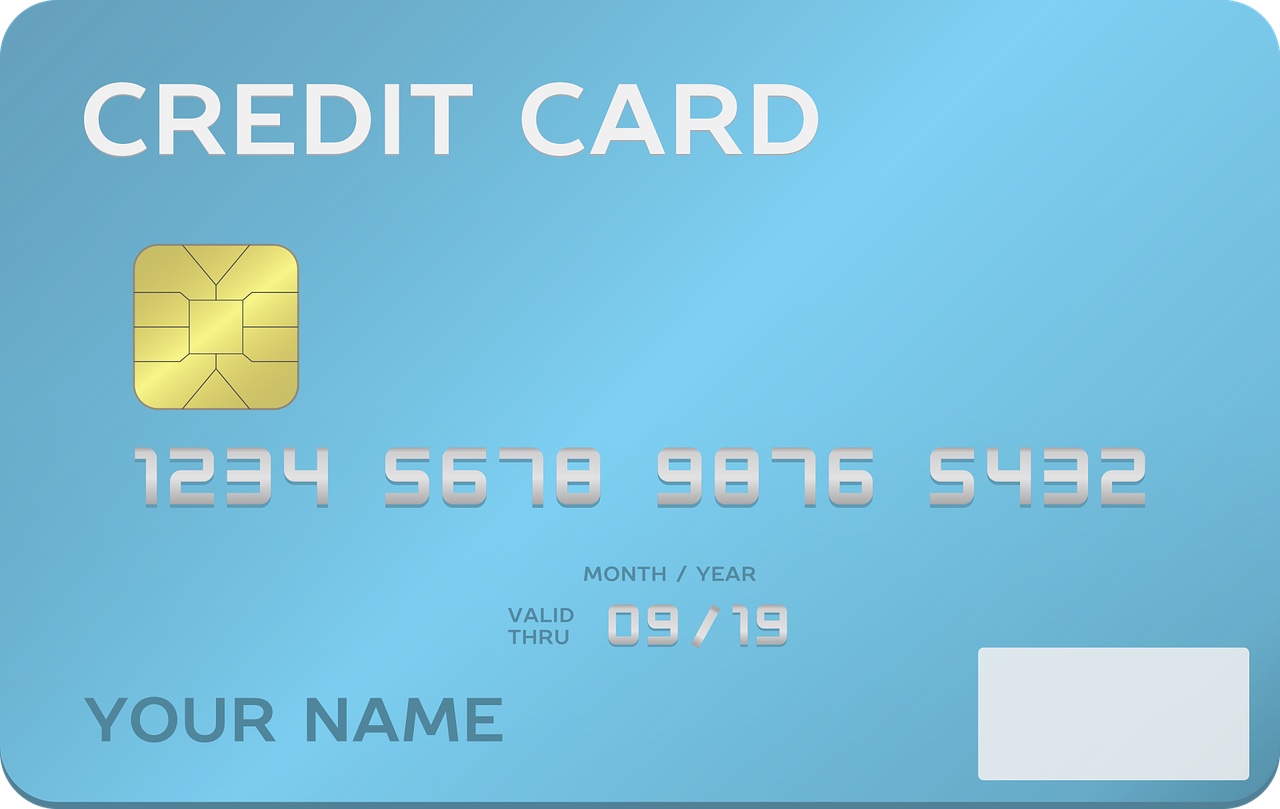
It’s exciting to collect that first paycheck which can be an order of magnitude higher than your residency salary when you first start as a fully trained radiologist. But, many of you may want to make even more at the beginning. It’s not uncommon to have debt loads that would make regular folks cringe. Nevertheless, some private practices discourage external moonlighting to make that extra money when starting. Why do some businesses work this way? And, what do you do if you want to continue working at your first practice but are not happy about this policy? Let us muddle through some of the issues that you may face when you want to make some extra dough when starting.
Why Do Some Practices Discourage External Moonlighting?
External Allegiances
Moonlighting outside the realm of your main job could create loyalties external to the practice. Let’s say you sign a contract to work during a vacation at an external site, but the primary imaging business also could use your help. This dichotomy of purpose can create a conflict of interest since you will support another practice instead of your primary allegiance. Furthermore, perhaps that other job can be more enticing than the one that does not allow moonlighting. Radiology practices fear having employees change jobs. It is very costly and causes the other practice members to have to take up the slack.
Practices Want To Encourage Their Own Internal Moonlighting
Sometimes the work can get busy. Maybe, it’s a new MRI that opened up. Or, perhaps a senior partner recently retired. In either case, there are many times that practices need all hands on deck to cover the rotations with the extra work. Why would a business allow external moonlighting when it may have many opportunities of its own? The practice needs to cover this extra work!
Exhaustion/Burnout/Vacation
Some practices are more lifestyle-oriented and encourage their radiologists to take their vacations. Burnout is an actual entity. And, we all need a break once in a while. Working all the time on your vacation time can be a recipe for burnout. The exhaustion of the partners and employees is a very costly situation. Why not go to the extra lengths to discourage burnout by forbidding doing external work outside the practice?
I Like The Practice But How Can I Deal With Strong Policies Discouraging External Moonlighting?
Ask For Internal Moonlighting Gigs
Some practices don’t advertise moonlighting opportunities that they have available. So, instead of assuming that your primary radiology practice has nothing available, just ask around. Sometimes senior partners would rather have time off rather than the extra money. Other times, work needs to get done that is making the days longer and more stressful. Both situations often occur. And although not advertised many times, they are potential extra ways to earn some extra dough. Sometimes all you need to do is ask!
Have Them Make An Exception
Sometimes rules are made to be broken. Practice by-laws are in place for the average situation for the average employee or partner. But, who is to say that you are average? If you provide a compelling reason for the business to make an exception to the external moonlighting policy, sometimes they will. Some practices may be more liberal for non-partners or partners. If need be, check with the chair and find out if it is possible.
Work Only During Vacations Or Out Of State
Suppose the practice is concerned that you won’t be dedicating your full attention to your primary job as an external moonlighter. Or, your main radiology job is worried that you will be competing locally with your primary radiology practice. Then let the radiology practice know that your external work will not interfere with either. Guaranteeing that you will only work out-of-state or on vacations may convince the partnership to allow a bit of extra work to make some more cash.
External Moonlighting: The Unwritten Rules
When you look at external moonlighting policies from a birds-eye view, it can make a lot of sense for a practice. It can protect the business from losing their employees and partners, ensuring that work does not go uncovered, and preventing burnout and exhaustion. But there are ways to deal with these issues and get the extra work that you want. So, instead of folding your hand, ask around and make sure to let your practice know that you are interested in moonlighting from the get-go. You may get the extra work you want without destroying your primary job!







